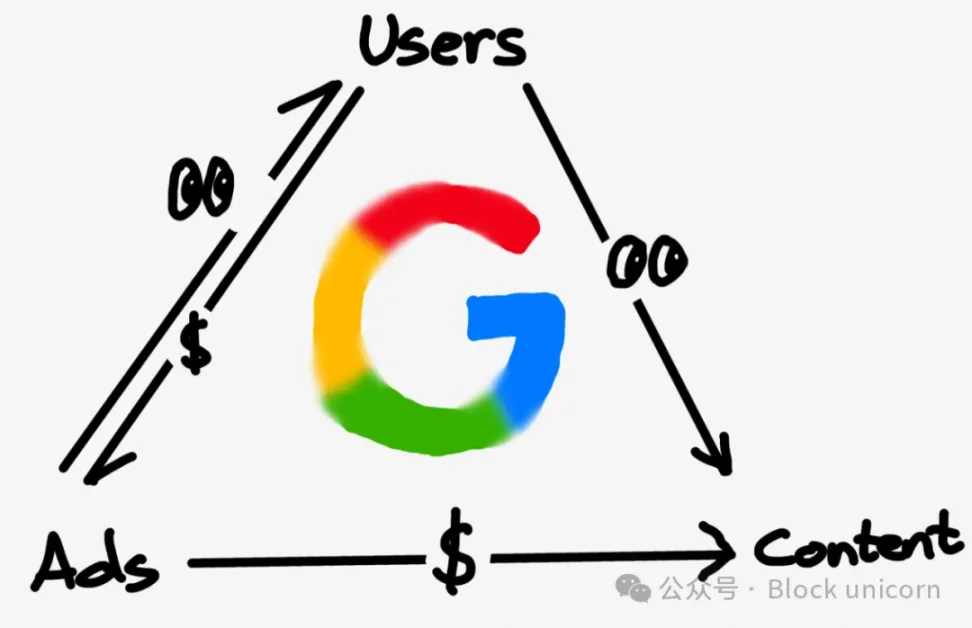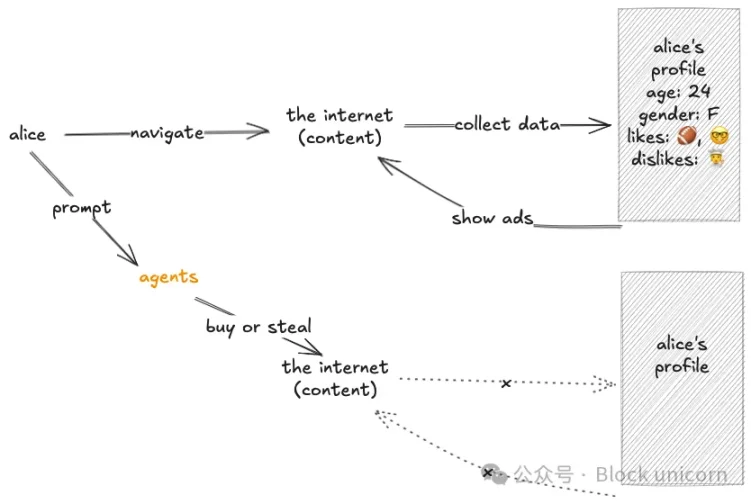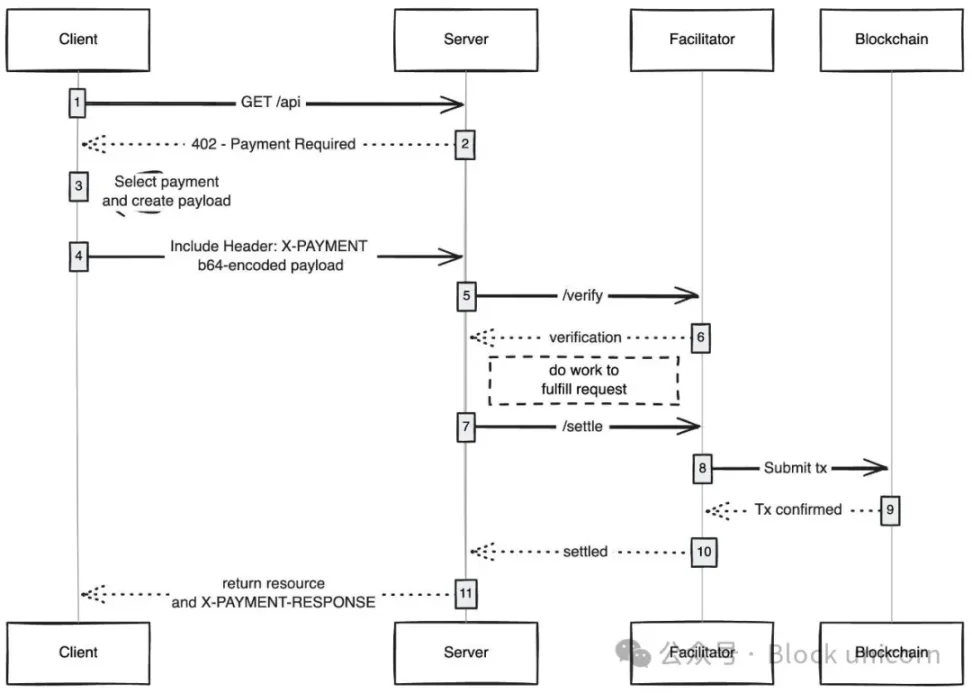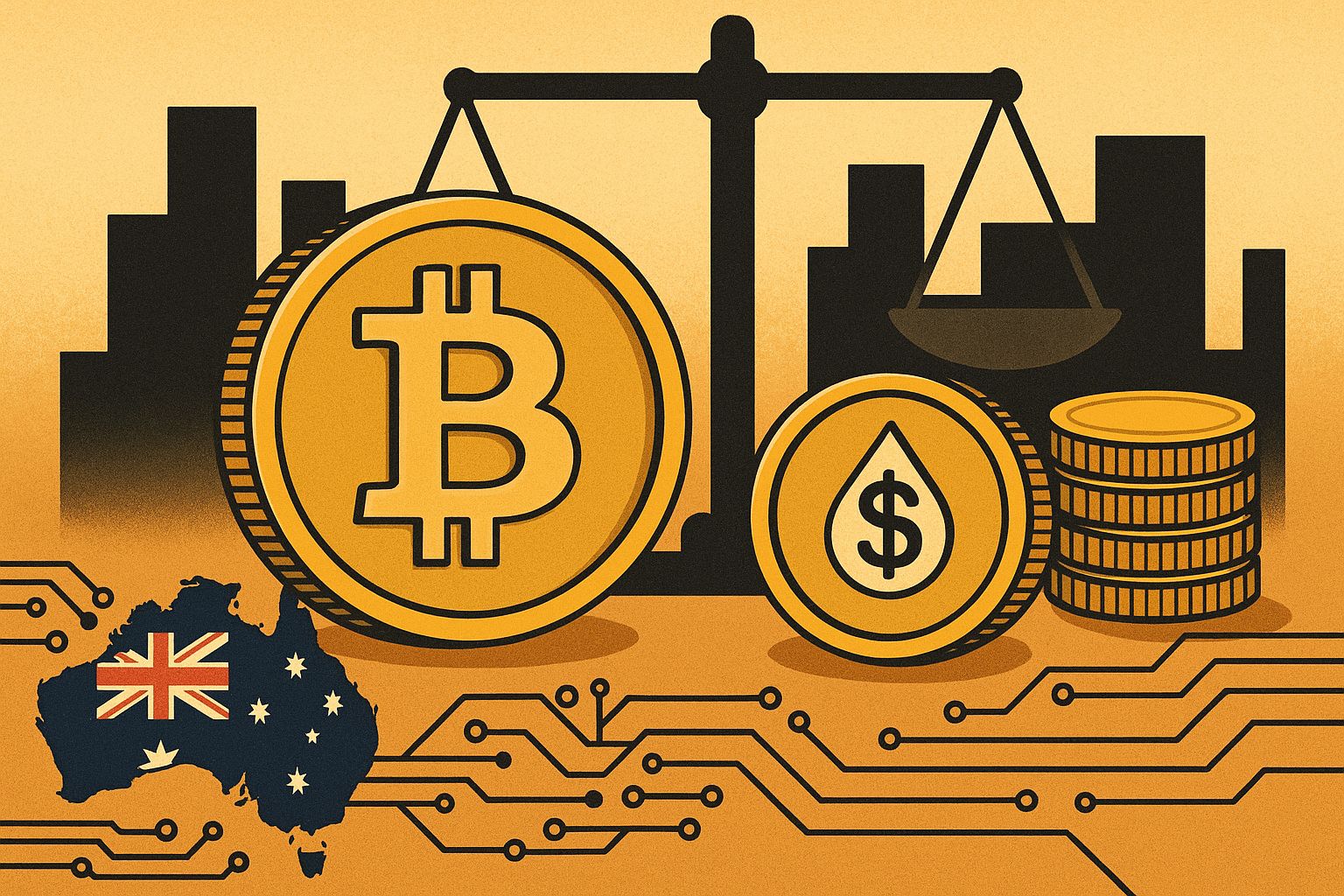x402 solves the original sin of the Internet: advertising
A simple technology can open up a new economy, and x402 is one of them.
How can a simple technology unlock a new economy? x402 is one such example.
Written by: 0xaryan
Translated by: Block unicorn
For decades, online advertising has been the only way to keep the internet alive.
Everyone is competing for attention. To achieve this, companies collect all possible data around you, create user profiles, and show you ads.

Proxy Networks and Original Sin
This single model has unlocked a market worth trillions of dollars on the internet.
Finance has always existed on the internet:
- Partnering with payment providers
- Setting up paywalls on your website
- Or displaying ads
However, micropayments (<1 USD) are economically unfeasible (Visa/Mastercard charge about 2% + $0.10 per transaction), so advertising is the only model:
- Users can access a large amount of content for free
- Advertisers get targeted users for their products
- Content publishers get paid for their content
This is a win-win for everyone.
As the world moves towards proxies:
- Proxies become the consumers of content as middleware, rather than humans
- Advertisers can no longer target humans, and the ad economy will collapse.
- Proxies now either steal (scrape) content or purchase it
- APIs (Application Programming Interfaces) will become the default mode of communication, rather than browser proxies / proxy browsers.

User Pathways
For the internet, scraping or stealing content is not economically viable, so publishers will turn to charging small fees for their websites, and proxies will need a payment method. For decades, before the advent of blockchain, micropayments were impossible.
Blockchains like Solana enable large-scale micropayments without exploiting users.
x402 is a standard built on the 402 standard, creating a unified interface for:
- Consumers paying for content
- Publishers charging for content
- No intermediaries (Visa/Mastercard)
Enabling proxy micropayments.

Source: payai.network
Any client (proxy/browser) sends a request to access content, the content host responds and requests a payment for the content, the client processes the payment and gains access to the content, thus opening a new economy for the proxy internet.
Which use cases excite me
Gasless user experience: I think one unexplored area is how x402 enables users to transact on any network without paying gas; users only need to hold assets in their wallets.
x402 browser: Someone should fork Chromium and embed x402 into the browser itself. Brave should actually do this, since they have a good reputation in the crypto space, already have a wallet, and support IPFS by default. In my view, they are the closest to being able to achieve this.
On-chain marketplaces: As with traditional markets, discoverability is an issue, and the Coinbase Developer Platform solved this by introducing a marketplace (bazaar in Hindi), but these are off-chain maintained marketplaces and always subject to some limitations. Someone should create an on-chain directory where anyone can add what they are selling (API/newsletters/books, etc.) and embed ratings in the directory, just like OpenRouter does for models.
Skipping ads: As with any technology, it takes time for the world to adopt x402. In the meantime, ads can be skipped via micropayments, which is a great natural evolution for x402. You set your preferred daily spending limit, visit YouTube, and the x402 browser automatically skips ads for you and pays the advertisers.
I'm always amazed at how a simple technology can unlock a new economy, and x402 is one of them.
Disclaimer: The content of this article solely reflects the author's opinion and does not represent the platform in any capacity. This article is not intended to serve as a reference for making investment decisions.
You may also like
Australia tightens crypto rules: check out all the details

Solana price holds near $200 despite latest dip: what’s bullish for SOL?

MetaMask Rewards Program Launches: Here's What you Need to Know
Bitcoin Steady Amid Fed Rate Decision and US-China Talks
